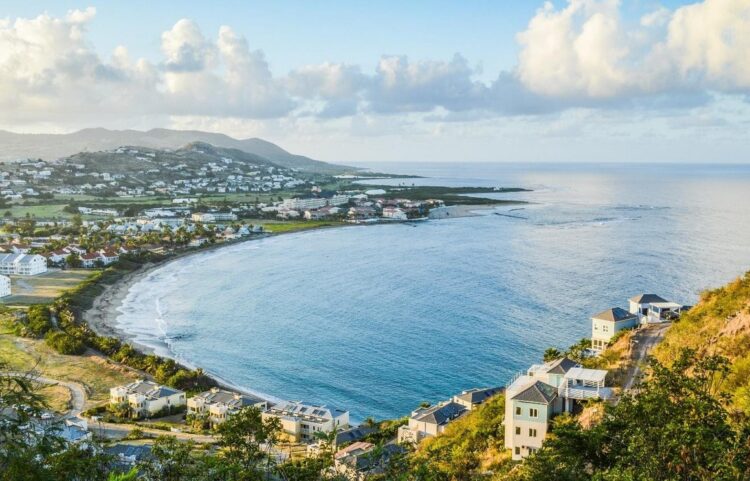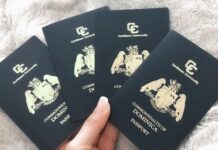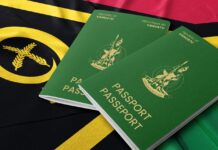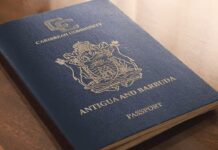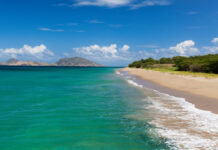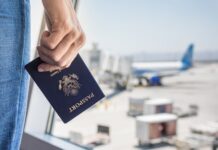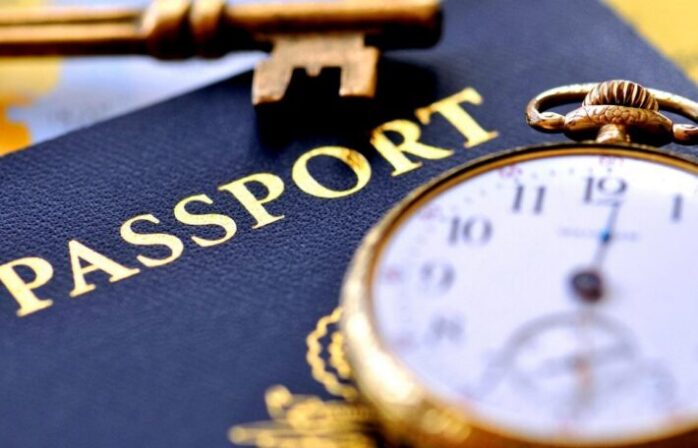
There are many reasons why people want to acquire a second citizenship. It is a decision which often comes to Imperial & Legal`s clients’ minds especially when they are tired of bureaucratic red tape connected with applying for a Schengen visa. If you wish to obtain a European passport, it can take several years. In the few European countries where the process is speeded up as much as possible, there are many additional requirements which are imposed on applicants, including the most important requirement – to have an enormous amount of cash for a partially non-refundable investment.
Fortunately, there are attractive alternative options for wealthy individuals that solve the problem. For example, a Caribbean passport obtained in one of the Caribbean states is your ticket to visa-free travel. Nationals of Caribbean states can travel freely to the EU countries. Moreover, these jurisdictions have government programs offering a Caribbean passport by investment. The amount of investment required to be made in the island’s economy does not compare to the astronomical amounts needed to become a Maltese or Cypriot citizen.
An additional argument in favour of the tropical islands is a more lenient tax regime which is beneficial to both individuals and international companies.
How to get your investments back in the Caribbean?
Caribbean citizenship by investment programs offer options where you can invest your money in order to get a second passport. There are non-refundable and refundable investment options. If the first option is acceptable for you, you can simply make a non-refundable donation to a national development fund, pay the associated fees and enjoy your new immigration status in a tropical paradise with tax benefits.
For those who are not used to handing out their money, there is another way to buy island real estate as an investment. This will help you to kill several birds with one stone:
- You get a “Plan B” in a tropical paradise that attracts tourists from all over the world.
- You can rent out your real estate, earning a monthly income.
- According to the current rules, after a few years, a new citizen has the right to sell his or her property and get back the invested money.
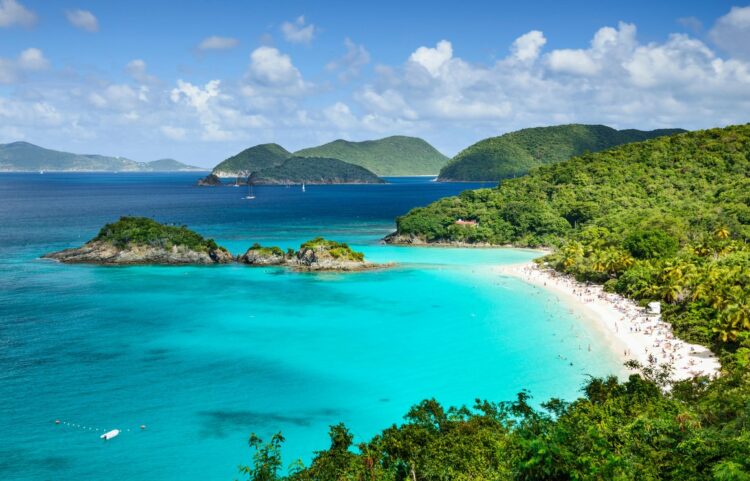
Such different islands
Most readers have for sure a vague idea of the Caribbean islands. That is why it is difficult for them to imagine that each of the five jurisdictions usually recommended by immigration advisors as a second homeland is a separate state, with its own investment program for attracting investors as well as its own taxation system, despite its relatively tiny size.
Consequently, the requirements for purchasing a property in order to obtain a Caribbean passport will therefore also differ significantly from an island to an island. We do not want you to be confused completely when you select a country for investment immigration. Our advisors have prepared a table for you. Therefore, you will have an opportunity to choose in which country to apply for citizenship by investment:
Cost of Caribbean citizenship by investment in real estate
| Country | Purchase amount | Type of real estate | Additional fee | Return of investments |
| St Kitts & Nevis | $200,000
$400,000 |
Beachfront villas, apartments, shares in hotels which are approved by a government | A compulsory insurance;
Due diligence fees; In some cases, a property registration fee is 4% of the amount of the transaction (a share of the property with land is not taxed) |
After 7 years for a property which costs $200,000 or more;
after 5 years for a property which costs $400,000 or more |
| Dominica | $200,000 | Property from an authorised property developer | Government and administrative fees;
Due diligence fees |
After 3 years |
| Grenada | Sole ownership – from $350,000
Shared ownership – from $220,000 per investor |
Hotels, villas and resorts, which are approved by a government | Government and administrative fees. The amount depends on the number of dependants applying for citizenship | From 3 to 5 years |
| Antigua and Barbuda | $400,000 | An investor-selected property | Stamp duty – 2.5% of the purchase amount.
Other fees and charges – up to 2% |
After 5 years |
| Saint Lucia | $300,000 | Government-approved properties:
a share in a resort, villa or an apartment in a luxury residential development |
Stamp duty – 2% of the purchase amount.
Other fees and charges |
After 5 years |
In all of the jurisdictions listed in the table above, citizenship by investment programs allow to apply for all family members of an investor. However, the cost of obtaining a Caribbean passport will be increased, mainly due to non-refundable administrative fees.
Which is the best option?
If you want to find a clear answer to the question, first of all it is necessary to understand which parameter is important for you. If you need a quick return of your investment, buying a share in a hotel in Dominica or Grenada will be the most suitable option.
Buying a share in a resort under construction is also convenient because it does not require any extra costs. And you won’t have to worry about maintaining your property. Moreover, a reliable property management company will transfer a rental income to you regularly and you will have huge personal discounts if you visit the hotel personally or even have the right to stay free of charge during your holiday.
If you are not ready to invest in shared ownership and want your own apartment, the minimum cost of a property which you buy is not a key parameter. After all, the price of a separate, well-equipped apartment in a government-approved residential complex is at $350,000-$400,000. The costs of owning the property – property tax, insurance and all sorts of local charges – become a key parameter for an investor. The location of the island and its protection from tropical storms are also important.
If you do not want to make a mistake while choosing an island to invest in, you will need professional advice from specialists who are well informed about the nuances of buying and owning real estate on the Caribbean islands. Our article has been an introductory one and we hope that it has given some food for thought for prospective residents of countries whose names, until recently, appeared only in adventure books.

